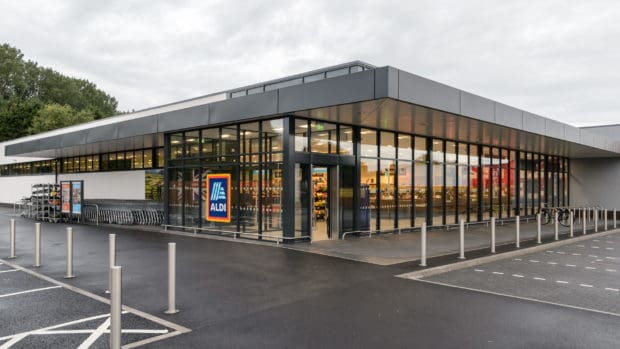Digital River, a global commerce enabler for established and fast-growing brands, has revealed how the cost-of-living crisis has affected UK consumer habits. The new research, conducted by Opinium, explores how UK residents’ finances and general spending have changed over the past six months.
eCommerce remains resilient
When surveyed, over one in six (17 per cent) adults stated that they are struggling financially and more than a third (35 per cent) are just ‘getting by’, yet surprisingly, this was found to have a minimal impact on their willingness to shop online. Only 8 per cent of respondents said that they were looking to shop more in person, with over a fifth (22 per cent) expecting to shop online more frequently in future.
With online retail remaining strong, in-person shopping looks likely to suffer the most with people tightening their budgets. A third (33 per cent) of respondents have shopped online more frequently in the past six months, compared to just 9 per cent that have shopped in-store more often.
Although 58 per cent of UK adults have reduced their spending on non-essential items in the last six months, nearly half (47 per cent) continue to make at least one online transaction a week.
Price comparison and payment flexibility play critical role
A critical factor is the resilience of eCommerce lies in lower prices and an ability to track and compare price changes. Almost three tenths (29 per cent) of UK online shoppers state that it is easier to track prices online than in person, while 29 per cent of those planning to shop online more claim that items being cheaper online is driving them to buy this way.
Additionally, payment methods have evolved to meet demand. Now, 15 per cent of UK adults use buy now-pay later (BNPL) services for online shopping, with over half (59 per cent) doing so to stretch their budget further. Two thirds of BNPL users have used this payment method more in the past six months, with half (49 per cent) saying this is due to their tighter financial situation. Credit card use has remained steady in comparison, with 60 per cent using this method the same amount as usual.
Time for retailers to step up
Although online shopping remains strong, 41 per cent of online shoppers state that online purchases would be among the first things to cut if they needed to reduce their spending. With the cost-of-living crisis set to continue indefinitely, retailers need to be competitive and look for ways to help their consumers.
Half of UK online shoppers (50 per cent) say they want more help from retailers to deal with rising prices. 32 per cent cite delivery pricing as a barrier to online shopping and almost half (48 per cent) state that free or cheaper delivery would offer the most help with the cost of living. Respondents also pointed to more online vouchers (38 per cent) and easier price comparison (31 per cent) as ways for retailers to step up to the plate.
“We’ve seen how inflation has impacted our economy: consumers told us they are decreasing their spending across the board, most notably on special occasions, including holiday shopping and vacations,” said Ted Rogers, Chief Revenue Officer at Digital River.
“However, our research has shown the pace of online spending isn’t expected to slow down despite the squeeze on finances. Brands must ensure they have optimized their digital stores to make the shopping journey as transparent and friction-free as possible, making sure consumers aren’t surprised by any extra costs.”








Share